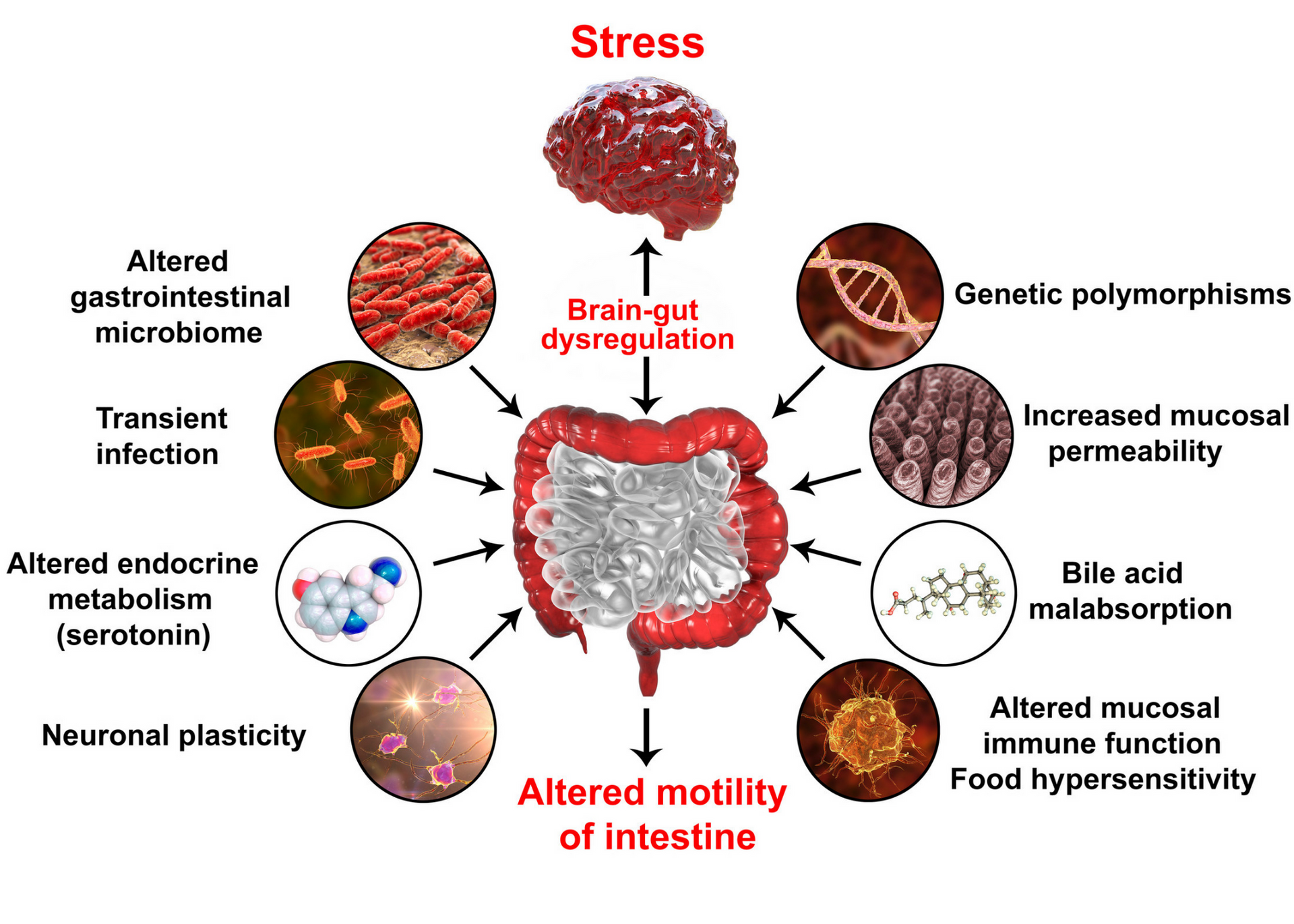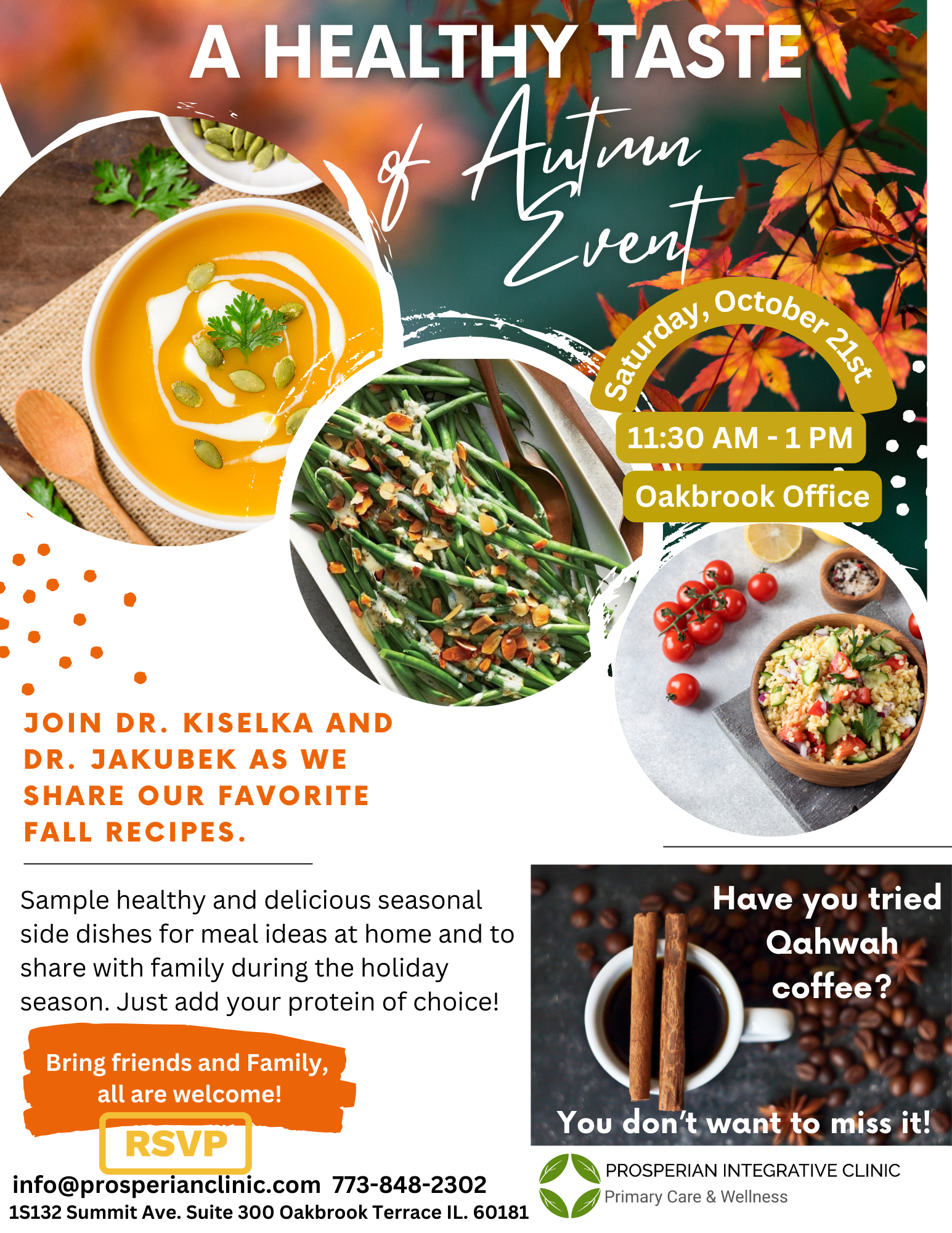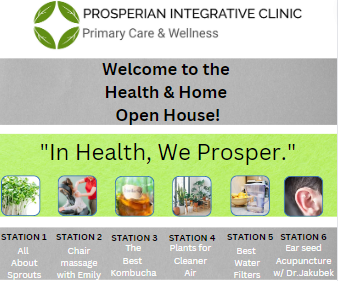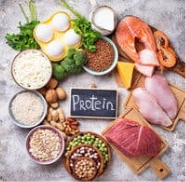Irritable Bowel Syndrome(IBS): Triggers and Naturopathic Treatments
Joel Kiselka • April 11, 2021

Dr. Joel Kiselka, ND, DC
Trust Your Gut
Have you ever noticed that your body acts differently during times of stress or major life changes? Do you experience a “pit in my stomach” pain that comes and goes with the sensation that your abdomen is bloated or even noticeably distended? Have your bowel movements become more or less frequent? While these gastrointestinal symptoms are common, they should not be ignored because when experienced together, these are the symptoms of irritable bowel syndrome, or IBS.
A recent survey found that over 1/3 of IBS patients have severe abdominal pain and over 50% of IBS patients are not satisfied with the drugs prescribed to treat IBS. Naturopathic medicine can resolve the root cause and symptoms of IBS effectively, safely, and without the use of prescription medications.
Irritable bowel syndrome, or IBS, is the number one gastrointestinal office visit complaint with increased incidence within the last year. But let’s be clear on what’s “normal” because symptoms that are common or tolerable, are not normal. In fact, no amount of gas and bloating, abdominal pain, constipation, or loose stool is normal and the presence of these symptoms indicates an underlying problem.
IBS can be classified by the predominant bowel symptom including constipation
(IBS-C) , diarrhea
(IBS-D) , or mixed type of alternating diarrhea and constipation
(IBS-M) . Research shows that IBS affects 2x as many women than men.
Women are more prone to IBS-C and men are more prone to IBS-D , but every case is unique. The treatment of each type of IBS needs to be individualized because the t
riggers can be from food intolerances, infection, anxiety or depression, inflammation, or even genetic- identical twins are more likely than non-identical twins as well as those born with Congenital sucrose isomaltase deficiency (CSID) which is a condition where one’s body cannot make the enzyme to break down the sugars, sucrose(table sugar) and maltose (found in grains).

Post-Infectious IBS and Coronavirus
Several studies report a history of gastrointestinal infection and the lingering effects of the infection as a trigger for IBS, known as post-infectious IBS. In cases of Coronavirus infection, the gastrointestinal system can be involved with symptoms of diarrhea or abdominal pain.
This is significant given the prolonged or incomplete recovery from Coronavirus or any other gastrointestinal infection that results in IBS which studies show could take 6-8 years to resolve IBS on its own.
Additional triggers can include a history of oral antibiotic use which can disrupt the colonies of beneficial bacteria in the colon, such as
Lactobacillus and
Bifidobacteria , and allow opportunistic, gas-forming bacteria, such as E-coli, or yeasts, such as candida, to proliferate and ferment carbohydrates which causes gas and bloating. Do these symptoms sound familiar?
It can take 3 years for the gut microbiome to recover from oral antibiotic use.
IBS and Mood Disorders

Infection and oral antibiotics are not the only known disruptors of the gut microbiome,
3 out of 4 IBS patients have co-existing anxiety or depression which are both linked to alterations in the gut microbiome because gut bacteria produce mood altering chemicals, called neurotransmitters like serotonin, and the wrong ratio of bacteria colonies can produce either too little or too many of these neurotransmitters. Those with IBS-D have lower serotonin reuptake, so there’s too much serotonin acting on the nervous system which is associated with anxiety. Those with IBS-C have lower serotonin release, so there’s not enough serotonin acting on the nervous system which is associated with depression. We now know that the gut bacteria themselves have receptors for chemical signals from the brain and respond to these chemical signals to increase or decrease the gut production of neurotransmitters.
Recent studies report that gastrointestinal symptoms appear
before
mood disorder symptoms in patients with IBS and co-existing anxiety or depression. In terms of prevention, a naturopathic intervention to address the gastrointestinal cause of symptoms could also be proactive in preventing the progression to a mood disorder.
The gut is often referred to as the “second brain” because of the important role it has in communicating with the brain and influencing mood and behavior based on the environment of the gut. The Vagus nerve transmits signals from the gut to the brain and visa versa to create the gut-brain axis.
The gut affects our central nervous system and our central nervous system affects our gut . This is why you feel nauseous when you’re anxious, angry, or sad.
IBS and SIBO/Leaky Gut
Dysregulation in the gut-brain axis can also be a trigger for increased intestinal permeability, or
“leaky gut ,” as well as overgrowth of gut bacteria in the small intestine, known as
“SIBO .”
Over 80% of IBS patients have
one or both of the aforementioned conditions which suggests that IBS is a consequence of
leaky gut or SIBO in many cases
. This is why the same treatment strategy does not work for everyone;
the cause is different, therefore, treat the individual. Inflammation is also a key player in IBS and leaky gut/SIBO which may warrant additional diagnostic lab testing to rule out inflammatory bowel diseases like Crohn’s disease and ulcerative colitis which have similar symptoms to IBS.
Naturopathic Medicine For Patients With IBS

Once diagnosed with IBS, we’ll next need to create the optimal conditions to resolve IBS at its core. This will include removal or avoidance of known triggers such as
food intolerance - dairy, wheat, corn, eggs, and nightshade vegetables(potatoes and tomatoes) are common food intolerances. A food intolerance occurs when there is insufficient digestive enzymes available to break down a food which creates inflammation in the gut and usually produces symptoms such as gas and bloating within a few hours.
Food sensitivities occur when the immune system creates antibodies to a certain food, but it can be difficult to isolate a specific food trigger since food sensitivity reactions take longer, up to 3 days after eating an aggravating food. Common symptoms of food sensitivities include headache, brain fog, bloating, fatigue, and joint pain. Notice none of these symptoms are an emergency, unlike a true
food allergy which activates different immune cells and could cause anaphylaxis- breathing difficulty or shock, within minutes of contact, which is a medical emergency.
Do food intolerance and sensitivity tests work?
Yes, but only when the test is performed without co-existing conditions like intestinal permeability, or “leaky gut.” We have to repair the gut lining first so the intestinal cells are less “leaky” to prevent maldigested food particles from crossing into the bloodstream and reacting with the immune system. Only then can we accurately assess for food sensitivities. One down side to food sensitivity testing is you must regularly be eating the sensitive foods in question for 8-12 weeks prior to the test for the antibodies to be present. If you’ve been avoiding a food because you’ve made an association between it and your symptoms, then the test cannot accurately report your food sensitivities.
And if you’ve identified a food trigger on your own, do you really need to do a test to confirm it? My answer is no, save your money, but if you like data and seeing the results on paper, food sensitivity tests can be a valuable tool for addressing IBS when performed properly.
Address Other Disturbed Health Determinants
IBS is a classified as a “functional” condition which means there is dysregulation in one or more body systems rather than true pathology so it cannot be diagnosed with lab tests. Instead, your naturopathic physician will work with you to correct imbalances in other health determinants such as sleep, eating habits, movement, stress, community, or prior trauma, among others to get to the root cause of WHY the IBS symptoms are happening in the first place. Together, you will better understand how YOUR body works so you can better predict and prevent recurrence episodes of IBS.

Your naturopathic physician will thoroughly assess your health history for other IBS causes such as infection, adverse medication effects, environmental triggers, hormones, or metabolic dysfunction and then support the involved organs and systems for a long-term, whole-health solution.
The type of IBS: IBS-C, IBS-D, or IBS-M, will also factor into the treatment strategy.
For those with IBS-C , the constipation might be addressed by prescribing exercise, constitutional hydrotherapy, reducing stress with meditation and adaptogens like lemon balm which also reduces gas and bloating. A botanical medicine prescription for burdock root to increase liver bile production, dandelion root to optimize liver detoxification, a topical castor oil pack, or a colonic to increase peristalsis(bowel contractions) and bowel elimination might be indicated. Foundational habits such as increasing water intake and limiting constipation inducing foods such as cheese or sugar along with a low-FODMAP meal plan and soluble fiber can significantly improve constipation associated with IBS. Additional lab testing for thyroid hormone levels may also be recommended as this gland is important for metabolic functions, especially in the liver.
For those with IBS-D , the loose stools could be addressed by
ruling out excess bile acids which 1 in 3 IBS-D patients are affected by and can be assessed with a C4 blood test or a stool test. Eating smaller, more frequent meals that follow a low or modified-FODMAP food plan is an effective starting point. Your naturopathic physician may prescribe a soluble fiber supplement to act as a bile acid sequestrant(binder) to reduce the water attracting action of bile acids in the colon which leads to diarrhea.
SIBO is more common in IBS-D than IBS-C , so a lactulose or glucose hydrogen breath test may be ordered to rule out SIBO as the cause of IBS-D. The lactulose test is preferred because it cannot be absorbed by the body and will pass through the entire length of the small intestines and react with bacterial overgrowth anywhere along its path. In contrast, the glucose test which is absorbed in the first 1/3 of the small intestine, the duodenum, likely will not reach the bacterial overgrowth in the distal 2/3 of the small intestine and is, therefore, a less sensitive and less specific test. If the SIBO test is positive, then antibacterial herbs such as Oregon Grape and Olive Leaf are effective at clearing small bacterial overgrowth.

Probiotics can be helpful with alleviating IBS abdominal pain, but studies show that certain strains or forms, such as
spore-forming probiotics, could make IBS-D worse by increasing gut serotonin production in already elevated environments. Those with alternating constipation and diarrhea, IBS-M, will benefit from a combination of the above recommendations, addressing the predominant IBS presentation and root cause first.
Naturopathic physicians are experts in treating IBS effectively and safely to correct the underlying root cause and resolve the symptoms.
Your ND will teach you how YOUR body works and how to help it heal, because otherwise the only effect is
suppression which is working against the body’s own mechanism of healing.
If you’ve been suffering from IBS or other chronic health conditions,
Dr. Kiselka and his team can help you reset your gut and total health to a prime state of function and well-being.
Schedule your appointment today!
Call 312-243-3338.
“In Health, We Prosper.” - Dr. Kiselka
PMID:
31700231 ; https://badgut.org/information-centre/a-z-digestive-topics/ibs-and-serotonin/










